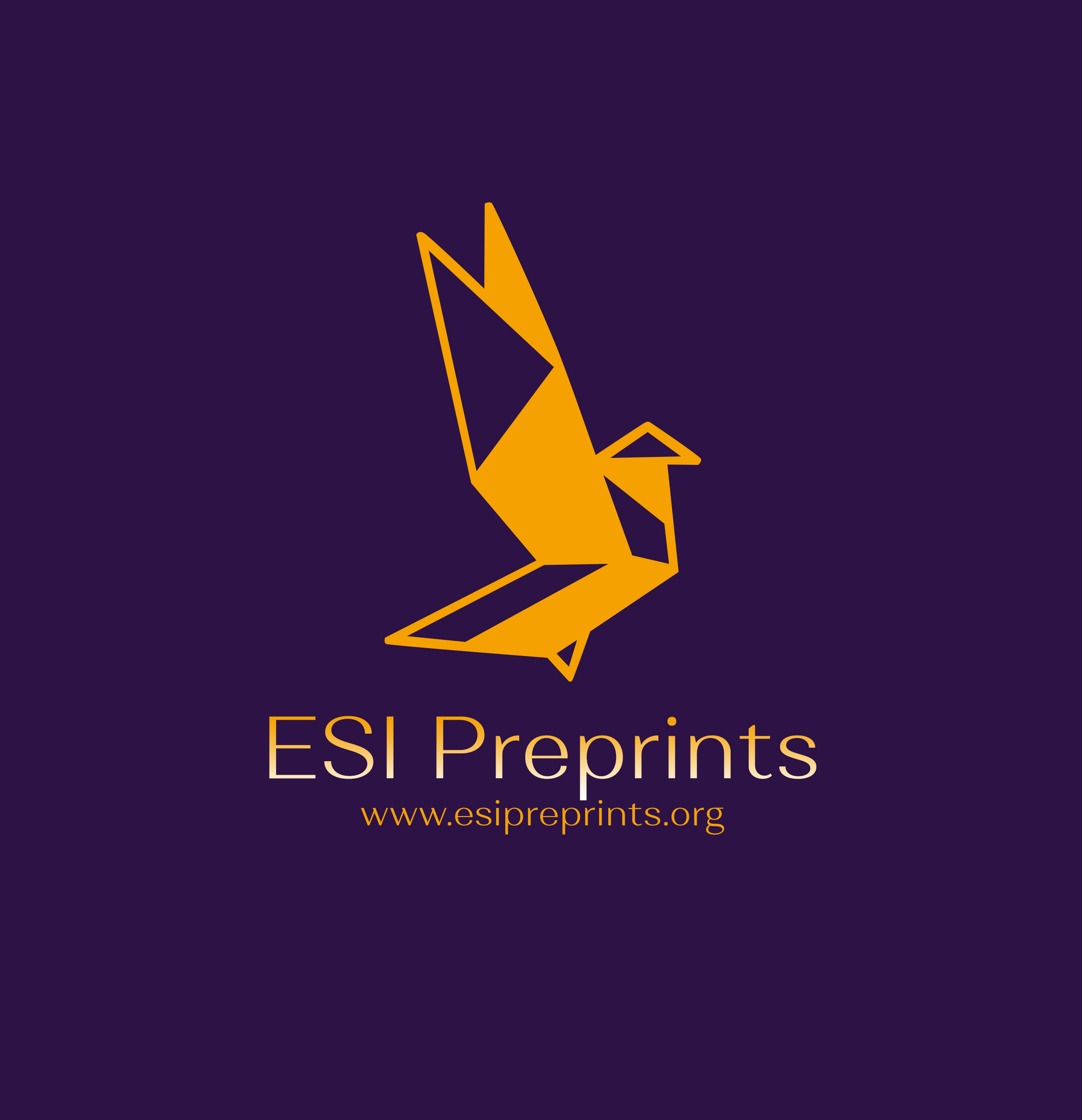European Universities Best Practices: The Case of INVEST EU Alliance
Abstract
Established in 2018, the European Universities Initiative (EUI) strives to foster collaboration and integration among higher education institutions across Europe. The EUI's core objectives encompass forging transnational alliances, facilitating mobility, championing multidisciplinary approaches, celebrating linguistic diversity, advancing innovation and research, prioritizing student-centered learning, and nurturing long-term sustainability. Central to this initiative is the enhancement of education quality and the promotion of student-centric learning methodologies. Within the scope of the EUI, the INVEST European University stands out as one of the 47 integrated alliances, endorsed by the European Commission. INVEST is dedicated to crafting distinctive collaborative educational paradigms that contribute significantly to regional progress and sustainability. This paper provides a comprehensive overview of the INVEST Joint Education Model, showcasing a range of excellent practices that position the alliance as a key player in the European educational landscape. Specifically, this paper delves into the strategic quality assurance framework, the unified pedagogical approach supporting diverse educational products, the dynamic collaborative platforms like living labs that engage stakeholders and serve as experimentation grounds, the enriching fellowship programs, faculty and student mobility initiatives, eco-friendly digitalization of services, and innovative entrepreneurship and internationalization processes. This study not only offers insightful recommendations but also tangible real-world examples for instructional and support staff navigating the realm of digital transformation within inter-institutional partnerships.
Downloads
References
2. Broo, D. G., Kaynak, O., & Sait, S. M. (2022). Rethinking engineering education at the age of industry 5.0. Journal of Industrial Information Integration, 25, 100311.
3. Asgharzadeh, N. (2023). The role of English language as a medium of instruction in internationalization of higher education: a comparative study in Europe. Quarterly Journal of Research and Planning in Higher Education, 22(3), 89-111.
4. Bertoletti, A., Berbegal-Mirabent, J., & Agasisti, T. (2022). Higher education systems and regional economic development in Europe: A combined approach using econometric and machine learning methods. Socio-Economic Planning Sciences, 82, 101231.
5. Asderaki, F. (2022). The European Education Area (s): Towards a New Governance Architecture in Education and Training. In Higher Education and Research in the European Union: Mobility Schemes, Social Rights and Youth Policies (pp. 125-147). Cham: Springer International Publishing.
6. Iatrellis, O., Stamatiadis, E., Samaras, N., Panagiotakopoulos, T., & Fitsilis, P. (2023). An intelligent expert system for academic advising utilizing fuzzy logic and semantic web technologies for smart cities education. Journal of Computers in Education, 10(2), 293-323.
7. Masseck, T. (2017). Living labs in architecture as innovation arenas within higher education institutions. Energy Procedia, 115, 383-389.
8. Leal Filho, W., Ozuyar, P. G., Dinis, M. A. P., Azul, A. M., Alvarez, M. G., da Silva Neiva, S., ... & Vasconcelos, C. R. (2023). Living labs in the context of the UN sustainable development goals: state of the art. Sustainability Science, 18(3), 1163-1179.
9. Andone, D., Vasiu, R., Bogdan, R., Mihaescu, V., Vert, S., Iovanovici, A., ... & Dragan, F. (2022, March). International Innovative Labs–I-Living-Labs. In 2022 IEEE Global Engineering Education Conference (EDUCON) (pp. 1480-1489). IEEE.
10. Porter, M. E., & Kramer, M. R. (2018). Creating shared value: How to reinvent capitalism—And unleash a wave of innovation and growth. In Managing sustainable business: An executive education case and textbook (pp. 323-346). Dordrecht: Springer Netherlands.
11. Iatrellis, O., Kameas, A., & Fitsilis, P. (2018, May). EDUC8: self-evolving and personalized learning pathways utilizing semantics. In 2018 IEEE Conference on Evolving and Adaptive Intelligent Systems (EAIS) (pp. 1-8). IEEE.
12. Estermann, T., Pruvot, E. B., & Stoyanova, H. (2021). Evolving Models of University Governance: The Governance Models of the European University Alliances. [Online]. Available: https://eua.eu/resources/publications/963:evolving-models-of-university-governance.html
13. Brooks, R., & Rensimer, L. (2023). The European Universities Initiative and European spatial imaginaries. Globalisation, Societies and Education, 1-14.
14. Accreditation Council for Entrepreneurial and Engaged Universities, 2020. Recognizing Excelence in Entrepreneurship, Internationalization and Engagement. [Online]. Available: https://www.aceeu.org/news/spotlightarticle/id/24
15. Claeys-Kulik, A-L., 2019. The European Universities Initiative: Chances and challenges. European University Association Nov. 07, 2019. [Online]. Available: https://eua.eu/resources/expert-voices/134:the-european-universities-initiative-chances-and-challenges.html
Copyright (c) 2024 Konstantinos Kokkinos, Nicholas Samaras, Omiros Iatrellis

This work is licensed under a Creative Commons Attribution 4.0 International License.








